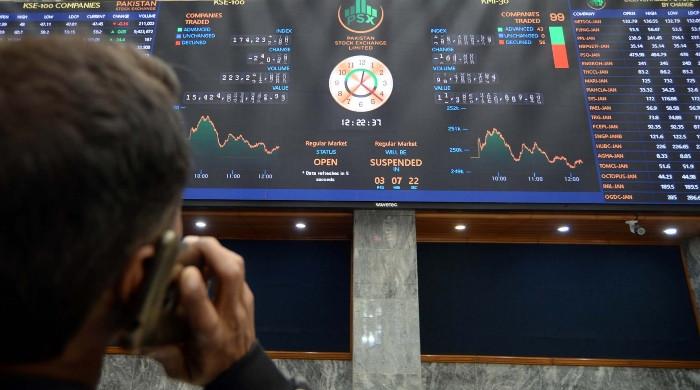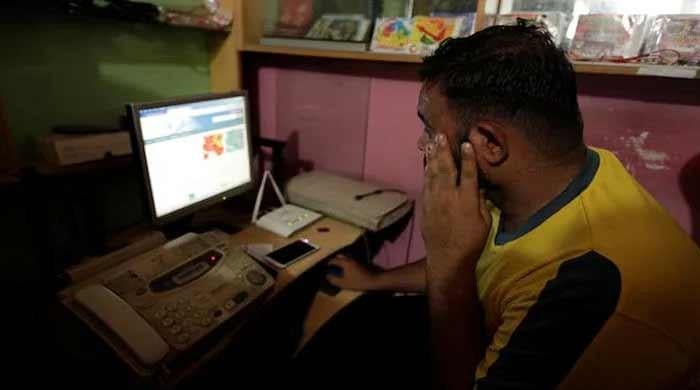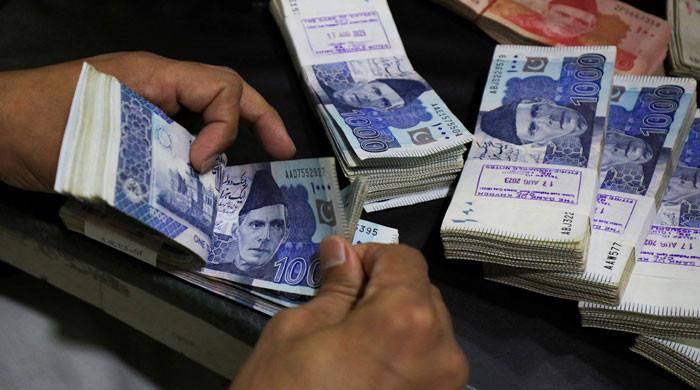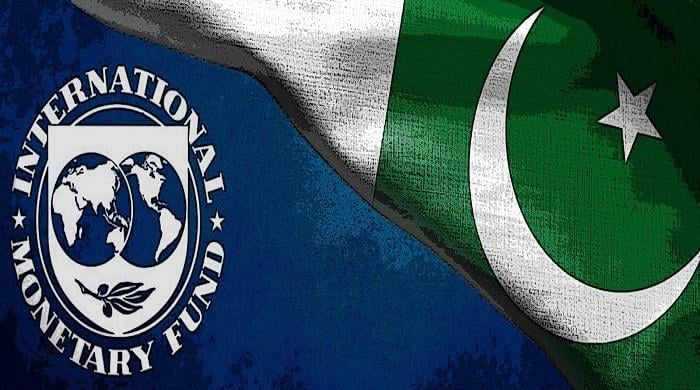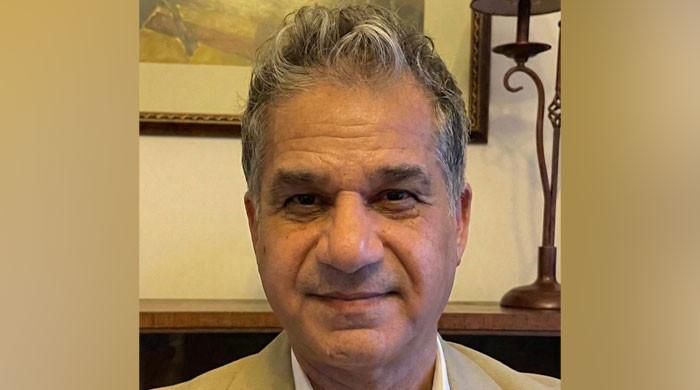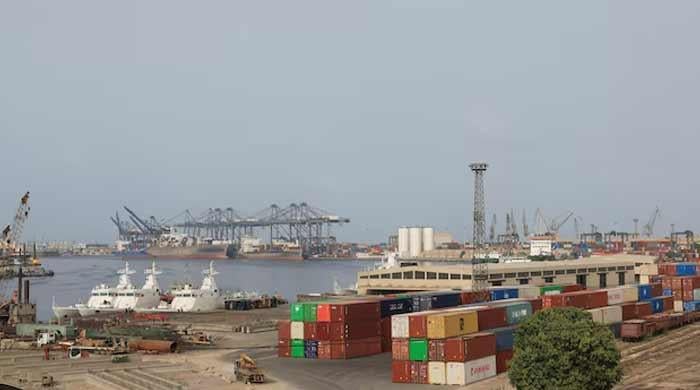IMF rejects govt’s proposal to increase BISP coverage
Proposal to jack coverage up to the desired level could not be implemented keeping in view the scarcity of resources
March 18, 2023
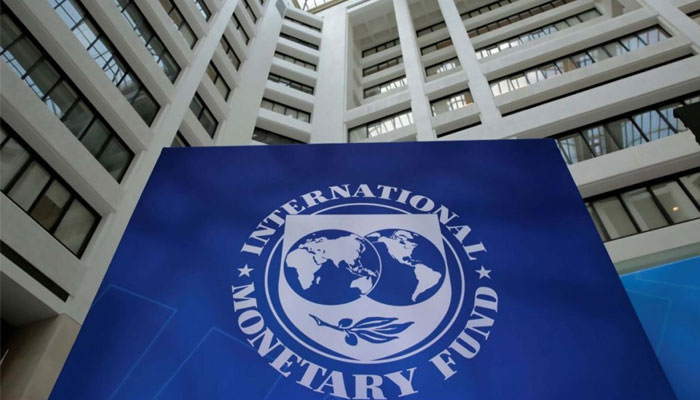
- Rejection of proposal to weigh on beneficiaries.
- IMF asks Pakistan to use data to provide targeted subsidies.
- Staff-level agreement has not been signed due to IMF demands.
ISLAMABAD: The government’s efforts to provide relief to the masses received a jolt when the International Monetary Fund (IMF) rejected the proposal to jack up the number of beneficiaries of the Benazir Income Support Programme (BISP).
According to a The News report published Saturday, the authorities had suggested enhancing the scope of the social welfare programme for covering up to 20 to 30% of the population living in poverty for the provision of quarterly stipends.
Although the IMF had endorsed and granted its nod for increasing the BISP allocation by Rs40 billion, jacking it up from Rs360 billion to Rs400 billion for the current fiscal year for 8.9 million beneficiaries, the proposal to jack up coverage up to the desired level could not be implemented keeping in view scarcity of required budgetary resources.
“The IMF has refused to accommodate the government’s demand to jack up Proxy Mean Test (PMT) for enhancing coverage for providing monthly stipends to around 30% population living below the poverty line, saying the government did not have the required budgetary resources”, sources told The News.
When contacted, a top official of the Finance Ministry said there was no disagreement on this account, as on the BISP front, there was a clear agreement under which the government has been providing a quarterly stipend of Rs7,000 to 8.9 million beneficiaries.
The sources said the government negotiators had floated the idea before the IMF review mission to increase the PMT ceiling to maximise the coverage. They said the CPI-based inflation would witness a surge in the aftermath of the implementation of tough prescriptions suggested by the IMF by hiking taxes and utility prices.
The Fund staff did not oppose it initially but asked for increasing tax revenues and abolishing un-targeted subsidies.
The IMF high-ups argued the government possessed a rich database under the National Socio-Economic Registry (NSER) of the BISP, and there was a need to utilise it for providing all kinds of targeted subsidies on electricity, gas and provision of POL for motorcycles and small vehicles.
At present, this proposal could not be implemented. But, keeping in view the possibility of a fresh IMF programme after the expiry of the existing one under the Extended Fund Facility in June 2023, Pakistan and the IMF will have to place a target subsidy mechanism to protect inflation-stricken masses from rising price-hike.
Different proposals to kick-start a targeted subsidy mechanism were discussed but ultimately dropped owing to different reasons.
Now, the weekly Sensitive Price Index (SPI) has touched 45.64% on weekly basis and Consumer Price Index (CPI) crossed 31.5% on monthly basis in February 2023. Both the CPI and SPI are bound to further escalate in weeks and months ahead of the current fiscal year.
There is no other choice but to place a targeted subsidy mechanism to protect the vulnerable segments from falling below the poverty line over the short and medium-term period.




